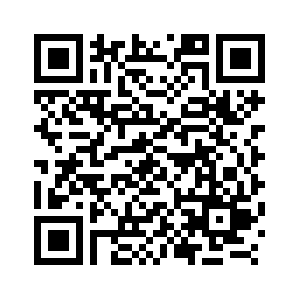UNGA commemorates Int'l Day against Nuclear Tests
Source: Xinhua
Editor: huaxia
2025-09-04 05:08:45
UNITED NATIONS, Sept. 3 (Xinhua) -- The UN General Assembly (UNGA) met on Wednesday to commemorate and promote the International Day against Nuclear Tests.
"Today's commemoration takes place in a world overshadowed by conflict, mistrust and the looming shadow of nuclear weapons," said Izumi Nakamitsu, UN Undersecretary-General and High Representative for Disarmament Affairs, on behalf of UN Secretary-General Antonio Guterres, at the conference.
As trust between states continues to erode and investments in arsenals rise, the prohibition of all nuclear explosive testing is not merely a technical or procedural matter, she said. "It is a moral and strategic necessity."
Robert Floyd, executive secretary of the Comprehensive Nuclear-Test-Ban Treaty (CTBT) Organization, said that 80 years after the first nuclear test and the bombings of Japan's Hiroshima and Nagasaki cities during World War II, not even one nuclear weapon has exploded in war around the world.
He added that in the following 50 years, some 2,000 nuclear explosions scarred the planet, averaging "one test every week" during the Cold War.
Since the 1996 CTBT's opening, "fewer than a dozen tests" have taken place, making the treaty "a triumph for science, for multilateralism, for humanity," said Floyd.
Vivian Okeke, director of the International Atomic Energy Agency Liaison Office in New York, said that since its establishment, the agency has worked to prevent the spread of nuclear weapons while making nuclear science and technology available for peaceful purposes.
Nuclear technology diagnoses and cures diseases such as cancer, feeds the hungry, protects the environment, and provides clean energy that powers progress, said Okeke, stressing that "it is essential that nuclear technology is used safely and securely."
In December 2009, the 64th session of the UNGA declared Aug. 29 the International Day against Nuclear Tests, adopting a unanimous resolution that calls for increasing awareness and education "about the effects of nuclear weapon test explosions or any other nuclear explosions and the need for their cessation as one of the means of achieving the goal of a nuclear-weapon-free world." ■



